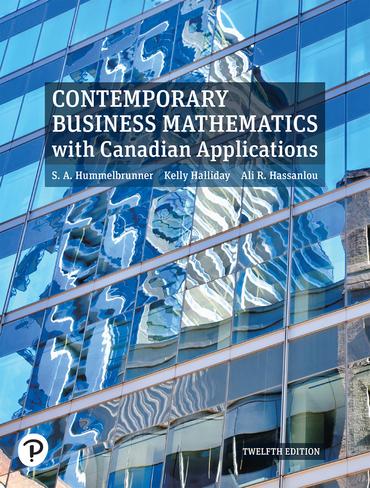Answered step by step
Verified Expert Solution
Question
1 Approved Answer
Math 4: Probability Distributions Colors Count Experimental Theoretical Blue 30 30% 30.83% Pink 4 4% 2.5% Gray 34 34% 31.67% Orange 2 2% 1.67% Green
Math 4: Probability Distributions
| Colors | Count | Experimental | Theoretical |
| Blue | 30 | 30% | 30.83% |
| Pink | 4 | 4% | 2.5% |
| Gray | 34 | 34% | 31.67% |
| Orange | 2 | 2% | 1.67% |
| Green | 26 | 26% | 28.89% |
| Red | 4 | 4% | 4.44% |
| Totals | 100 | 100% | 100% |
Part two: Expected Value
- Find theexpected value of your repeated experiment above.
- The context of a situation can still use expected value, but not have explicitly labeled "probabilities." For example, consider this from the course syllabus for your class:
| Tier 1 | Tier 2 | Tier 3 | |
| Quarter Grade | 15% | 35% | 50% |
If a student has done all Tier 1 assignments (100 Tier 1 avg), has a 80 Tier 2 average, and 65 Tier 3 average, what is the student'sexpected value? Show all calculations that lead to your answer.
- .Create a probability distribution for an "unfair game." Show that the expected value of your game is not zero, and who the game favors (the player or the house).
- Speaking of winning and losing, say that the game from the notes is played 100 times.
"Consider the following game. A fair die is rolled. If you roll an even number,
you lose $1. If you roll a 1 or a 3, you win 50 cents. If you roll a 5, you win $2."
- How many times would you expect to win the game?
- What is the probability you would win the gameexactly 40 times out of 100 plays?
What is the probability you would win the gameup to 40 times out of 100 plays? How do you know?
Step by Step Solution
There are 3 Steps involved in it
Step: 1

Get Instant Access to Expert-Tailored Solutions
See step-by-step solutions with expert insights and AI powered tools for academic success
Step: 2

Step: 3

Ace Your Homework with AI
Get the answers you need in no time with our AI-driven, step-by-step assistance
Get Started


